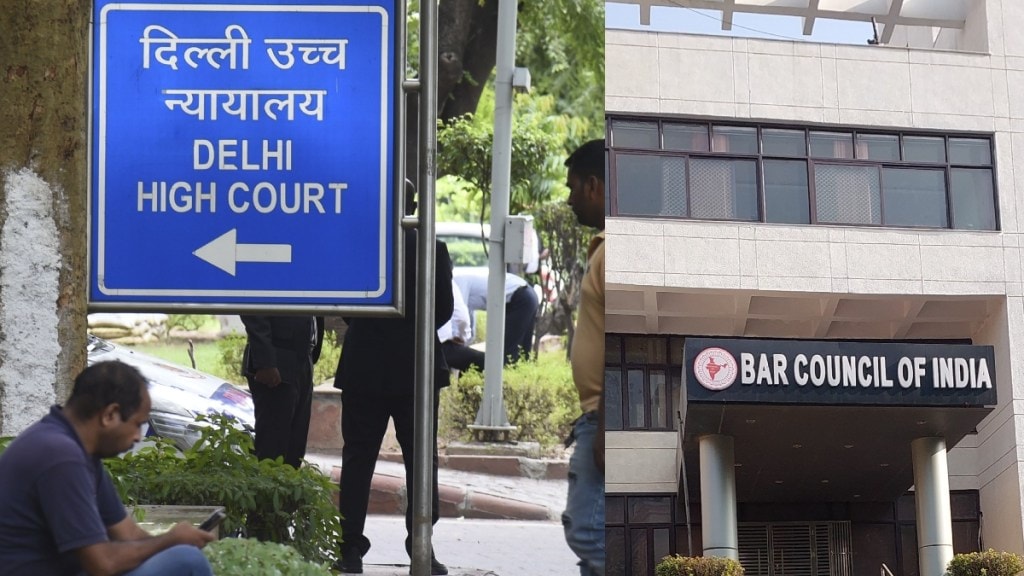The Delhi High Court has urged Delhi University (DU) and the Bar Council of India to explore the possibility of implementing online classes for law students, ensuring proper safeguards and conditions.
Justice Dinesh Kumar Sharma acknowledged the unique value of physical attendance in professional courses but noted that advancements in technology and artificial intelligence provided an opportunity to develop “effective remote learning mechanisms.” The court made these observations while rejecting petitions filed by law students challenging DU’s decision to bar them from semester examinations due to insufficient attendance.
While the court declined to relax the attendance requirement under writ jurisdiction, it encouraged authorities to embrace technological advancements for virtual learning. “The University of Delhi and the Bar Council of India may also evolve a mechanism to enable the students to attend classes online with the appropriate safeguards and conditions.”
“The court is conscious of the fact that in professional courses, physical attendance carries distinct values. However, the continuous development of the technology and Artificial Intelligence presents an opportunity to the experts to evolve effective remote learning mechanisms,” the court stated in its February 11 judgment. It further noted that student contact details were provided during admission, and if necessary, updates could be facilitated.
The court emphasized the need for a strict system of recording and notifying attendance. To ensure transparency and prevent disputes, the Faculty of Law should regularly share attendance updates with students via e-mail, SMS, and WhatsApp while maintaining proper records.
Additionally, the court suggested that the dean of the Faculty of Law, in consultation with the Bar Council of India, could establish a process for students to appeal short attendance cases. If a student’s request was found to be genuine, authorities could take appropriate action.
The judgment also reinforced the significance of discipline in legal education, stating that the court’s writ jurisdiction could not be used to excuse “manifest disregard of discipline by the students.”
“It is essential to maintain the integrity of the L.L.B. professional course and to ensure that students who abide by the rules are not prejudiced by a retroactive relaxation of discipline. To permit such an invocation would not only undermine the integrity of the professional course but also prejudice those students who diligently observe their academic responsibilities,” the court stated.

